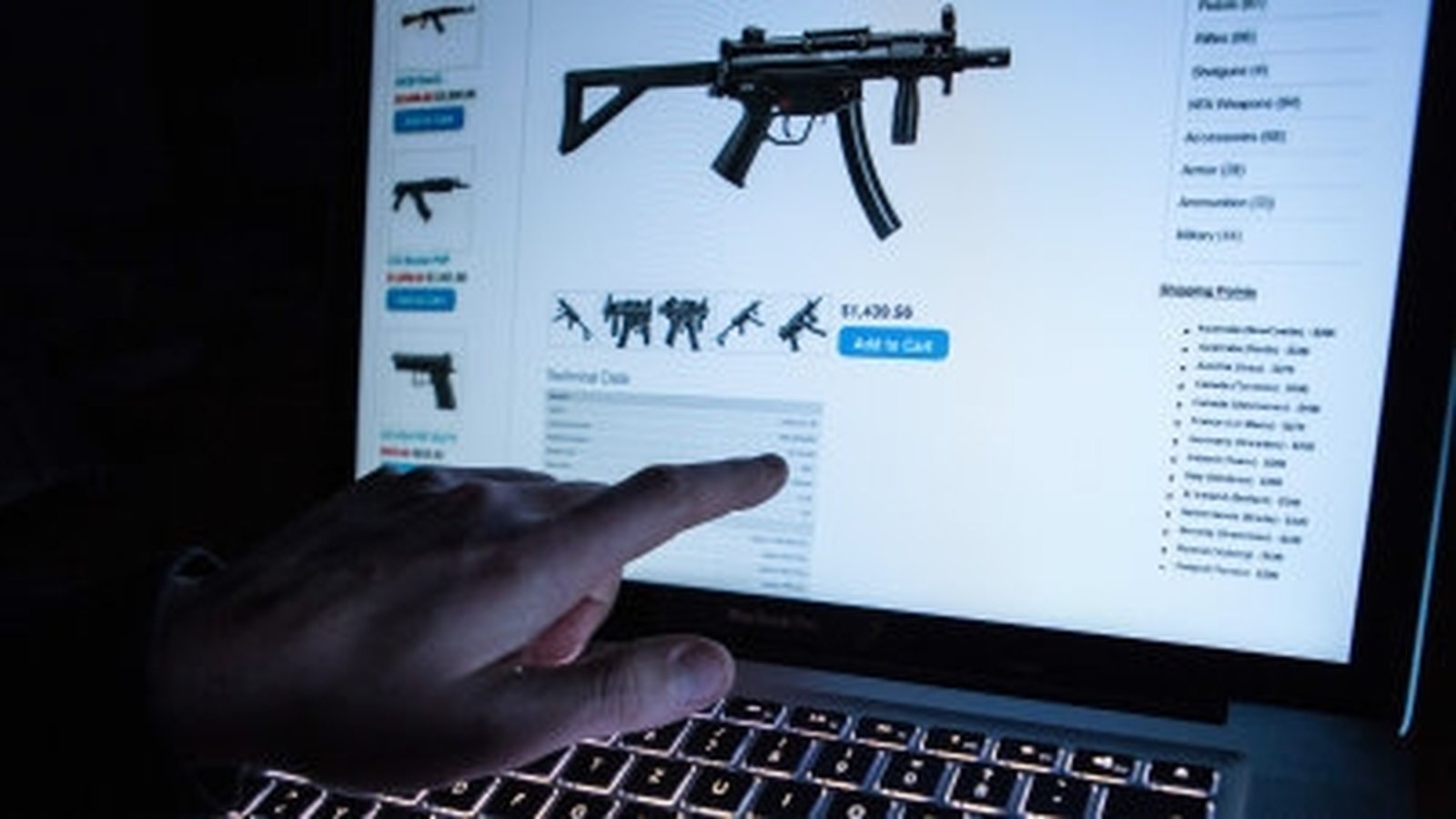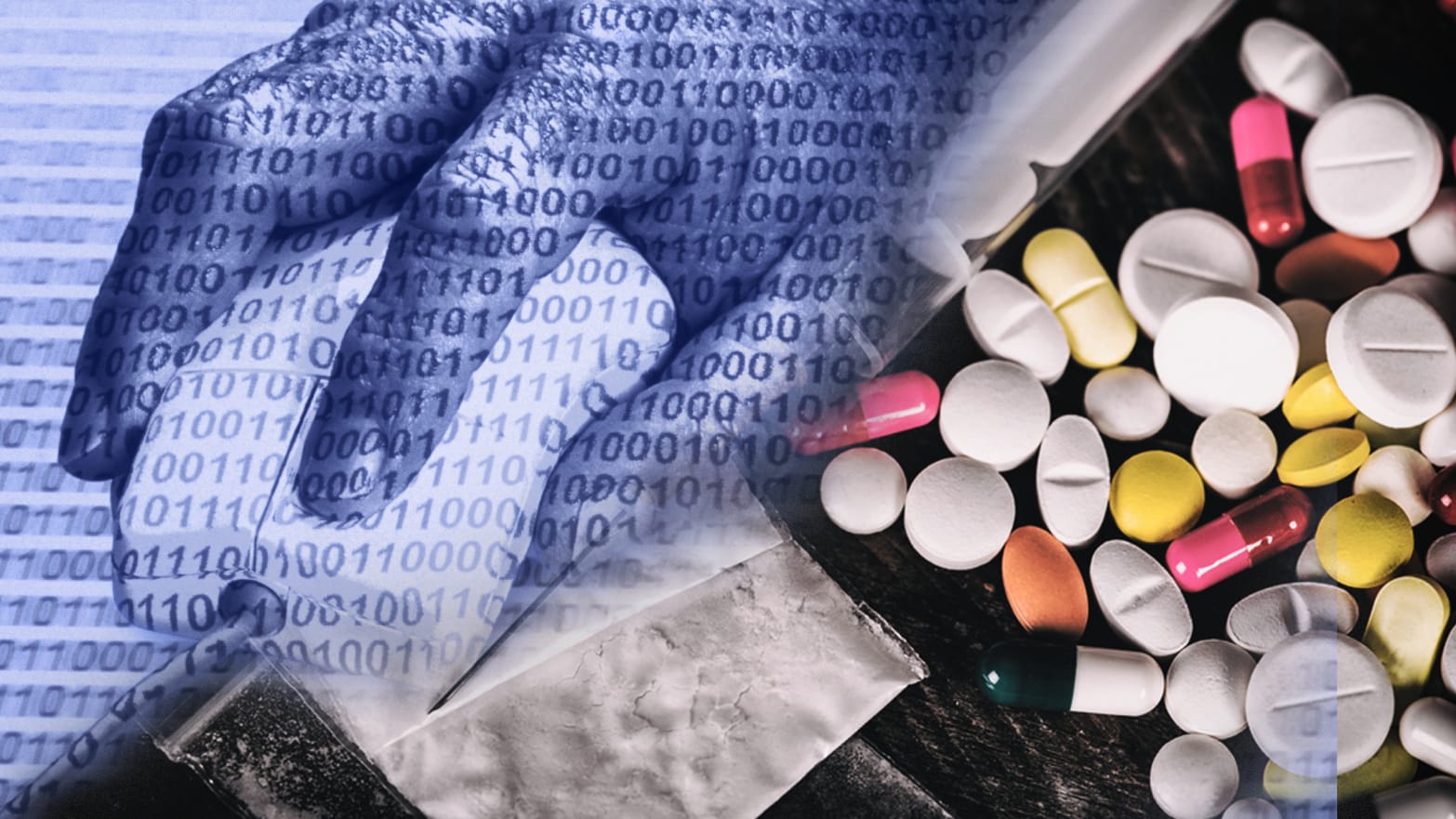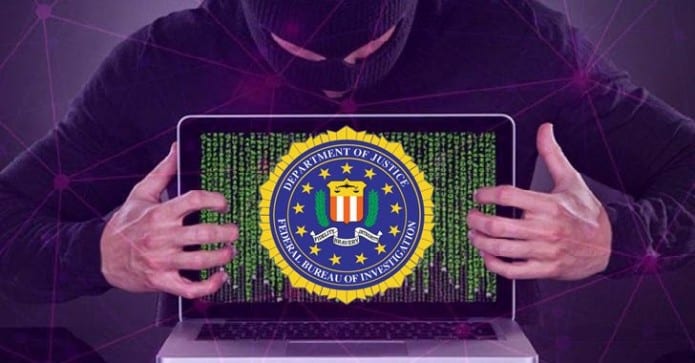Dream Market, where you can buy your dreams. But only if they’re forbidden – and of course illegal.
It’s one of the most famous webpages on the darkweb; the hidden Internet, that deep web corner where informations are shared that can’t be brought up on “official” websites.
The darkweb is a paradise for criminals, outlaws and people who don’t want to be tracked. And transactions – paid in bitcoin – took place mostly on the Dream Market.
But by the end of April 2019, the famous e-commerce store is going out of business. That’s what a warning on the homepage reads. The cause? Possibly a large scale joint investigation which involved FBI, Europol and DEA agents alike.
Dream Market, what it was all about
Dream Market is an e-commerce born on 2013, from the ashes of its “predecessor” The Silk Road (you’ll find out more about it later in this article).
Dream Market, just like any other darkweb content, is only accessible through special browsers, like Tor.
Judging just by the homepage, the site looks like your average online store – until you throw a look at the list of categories. With labels such as drugs, online data and services, it’s pretty obvious what kind of contents this site has to offer.

Yet what does each category really hide?
To make a long story short, on Dream Market it is (or rather, was) possible to buy pretty much everything. Synthesized drugs, cloned credit cards and accounts, hacked databases, smuggled weapons, pornographic and pedopornograhic contents, as well as a plethora of illic activities including tortures, terrorism and hacking attacks.
Sellers and clients from all over the world could trade anonymously due to the darkweb security protocols.
Protocols that could not hold back the police investigations, leading to a series of international arrests.
The Silk Road, Dream Market’s ancestor
Before the rise of Dream Market, darkweb users were mostly purchasing on other “forbidden” e-commerces.
The Silk Road was perhaps one of the most popular of all times.

An international smuggling website, The Silk Road was also known as the “Amazon.com of drug worlds”. With a few clicks, users could buy just any kind of drugs, in full secrecy.
The site was founded in 2011 but its record only held for a few years.
In 2013, FBI closed down the site and arrested the owner, Ross Ulbritch, known over the darkweb as Dread Pirate Roberts.
In 2014 an attempt to secretly reopen the site was promptly intercepted by the federal police. Ulbritch, the founder of the richest drug market on the darkweb, has been sentenced to double life imprisonment.
How the federal police could smoke out the darkweb
According to official sources, a world-wide investigation would be the reason for Dream Market‘s shutdown.
The agents at work on it were from FBI, DEA (Drug Enforcement Administration, one of the most important Federal Agencies in the States) and even Europol.
The investigations were followed in short sequence by arrests all over the world. Traffickers and smugglers, spanning across all nations, were promptly locked up.
Of course the website gives a much milder take on the reasons for the shutdown. Owing it all to a generic “hacker attack“.
The homepage also promises that Dream Market’s contents will be migrated onto new servers but for the moment these appear to be non-existent.
Dream Market’s strategic shutdown could also be part of a large-scale Intelligence investigation. With the purpose to keep a watchful eye over the smugglers and traffickers who regularly sell illegal material of all kinds on these platforms.
Will Dream Market turn out to be an effective trap for smoking out even the most cunning darkweb users?
Darkweb and deep web, what are the differences?
The darkweb is often mistaken to be a synonymous of the deep web. But the terms actually refer to two different realities.
The darkweb is but a part of the much wider deep web. It represents its “dark side” – where criminal activities may take place and illegal material and informations may be shared.
The deep web, on its half, is an ever spreading bulk of websites, pages and resources which can’t be accessed through normal search engines, or browsers. It’s the “hidden” part of the Internet iceberg, at a deeper level than the webpages we’re used to visit, like Google, Facebook, and the social networks.
The dynamic contents of a database, being generated by the programming languages, are themselves part of the deep web and may contain fully legal and legitimate contents.
Also, the deep web is used by the great world superpowers as well as by the international security forces, whose database are necessarily shroud in secrecy.
The deep web may be “dark”, whereas the “darkweb” proper is an elite hunting ground for criminals, drug smugglers, traffickers and “crackers“.
This post is also available in:

